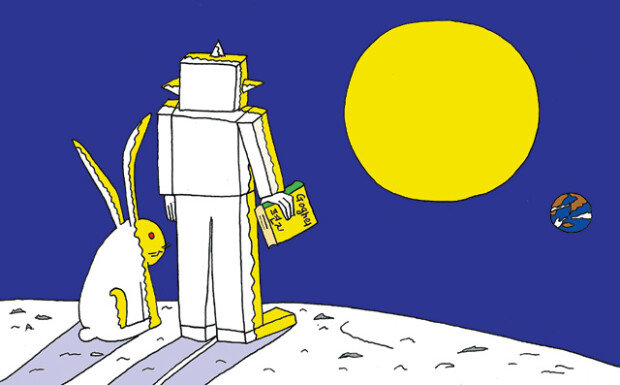COVID-19 in the world of inertia
COVID-19 in the world of inertia
Posted September. 18, 2020 07:18,
Updated September. 18, 2020 07:18


A new semester has begun. Compared to the previous semester, things seem to have settled a bit: Students are less distracted; My fellow professors and I are now more familiar with online lectures; Research efforts continue albeit rather quietly as international collaboration is difficult. It feels as if the force of inertia has brought us back on track.
Inertia is the most basic concept you learn in physics. The keyword here is “continuation.” Matter continues in its existing state of rest or motion unless the state is changed by an external force. If you want to turn 90 degrees with a tanker, you need to go thousands of kilometers with the engine off before making the turn. If it is an aircraft carrier, it takes even longer as, the heavier objects are, the more difficult it is to change direction. Changing direction requires an immense force. If this is the case, how much time and effort would it take before we go back to the pre-COVID-19 world?
In the universe, changing direction is incredibly difficult. Unlike on earth where air particles create resistance to flying objects, there is no such resistance in the universe, making it difficult to stop. If you accidentally drop an axe while fixing your spaceship outside in the universe, the axe will keep flying away until it hits something else. In other words, inertia works in relation to the environment.
The Earth has just the right size and weight. If the Earth was lighter than it is, the gravity will not be strong enough to keep oxygen in the air. If it was heavier, toxic gas from primitive ages would make it inhabitable. This coincidental balance, which is nothing short of a miracle, is the secret to the rotation of the Sun, the Moon and the Earth.
It is as much a relief as it is a miracle that everything including the Earth is just right for human existence in the world of inertia. What does this new variable, COVID-19, mean in this context? It probably has too little force to produce any meaningful change in the world of inertia although it presents a great challenge to us.







